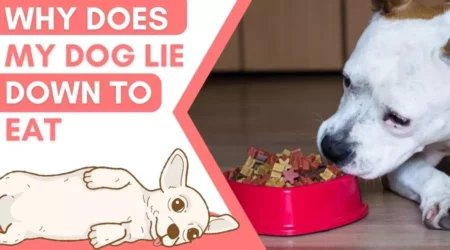Older dogs can be quite persistent when eating puppy food, despite knowing it is not suitable for them.
The alluring aroma and taste of puppy food can be too complex for an older canine to resist. While it may be tempting to give in and allow your pup to enjoy the puppy food, it is essential to remember that it can be detrimental to their health.
The good news is that there are a few simple steps that you can take to keep your older dog from eating puppy food.
With a few adjustments to your pup’s diet and some extra supervision, you can help your older pup stay healthy and happy.
Related Article
Why it is not healthy for older dogs to eat puppy food
While it may be tempting to allow your older dog to indulge in the taste of puppy food from time to time, it is important to understand that it is not healthy for them.
While puppy food is designed for growing puppies and contains the nutrients that they need to fuel their growth, it is not appropriate for older dogs.
A large amount of protein in puppy food is beneficial for younger dogs, but older dogs are more susceptible to kidney disease and are, therefore, unable to process the high protein content efficiently.
A diet that is high in protein can be rigid on the kidneys and cause long-term damage. A large amount of sugar found in puppy food is also not good for older dogs.
While younger dogs have a higher metabolic rate, older dogs are less active and therefore require less energy. The sugar content in puppy food is not healthy for adult dogs, especially those that are less active.
Adjusting your older dog’s diet
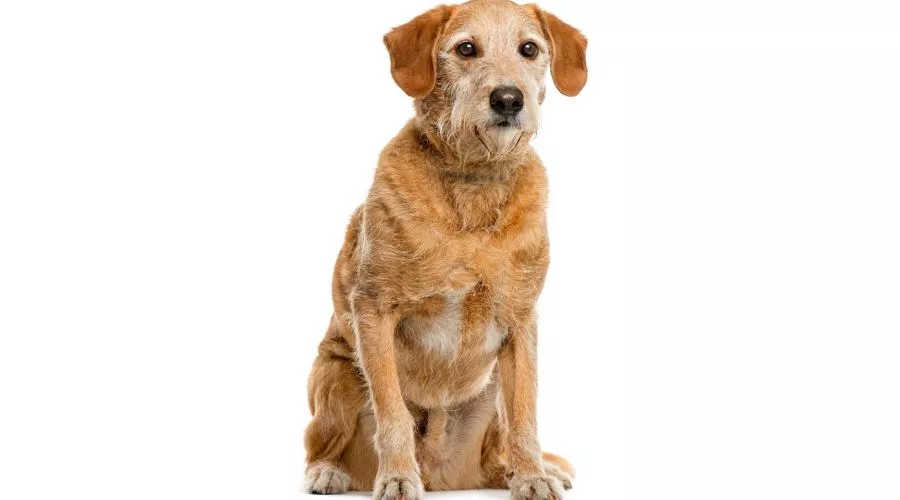
If your older dog has been eating puppy food, it is important to begin transitioning them to a more appropriate diet as soon as possible.
The best way to do this is to gradually decrease the amount of puppy food your dog eats each day until they are only eating the appropriate diet.
When adjusting your dog’s diet, it is important to make sure that it still contains all of the nutrients that your dog needs to remain healthy.
An easy way to do this is to use a dog food calculator to determine the recommended daily amount of certain nutrients that your dog needs.
It is also essential to watch your dog closely and make sure that they are not losing weight while being transitioned to a new diet.
If your dog is old enough, you can also have them weighed regularly to monitor their weight as they transition to a new diet.
It is essential to watch your dog’s stool to ensure that they are not experiencing any negative side effects from their diet.
Creating an appealing environment for your older dog
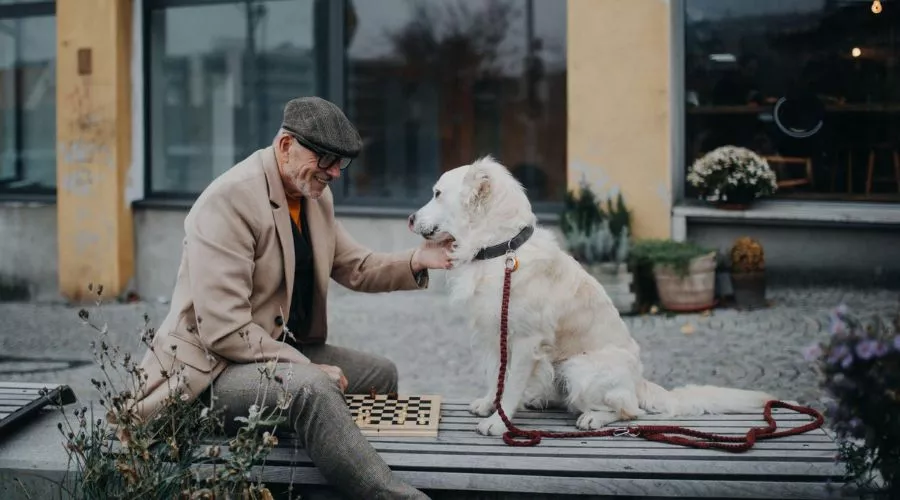
Since dogs are creatures of habit and like consistency, you can use this to your advantage by making subtle changes to your pup’s feeding schedule and bowl placement.
Feeding your older dog at a similar time every day, as well as placing their food bowl only at that time, can help them to become less interested in the puppy food that the puppies are eating at other times of the day.
Similarly, you can help your older dog remain uninterested in the puppy food bowls by keeping them in the same location as when your older dog was eating there.
Making sure to keep other pups and dogs out of your older dog’s food bowl can also help to reduce the amount of puppy food they eat.
Keeping your older dog’s food out of reach when the puppies are eating can also be helpful.
Making sure your older dog is getting enough exercise
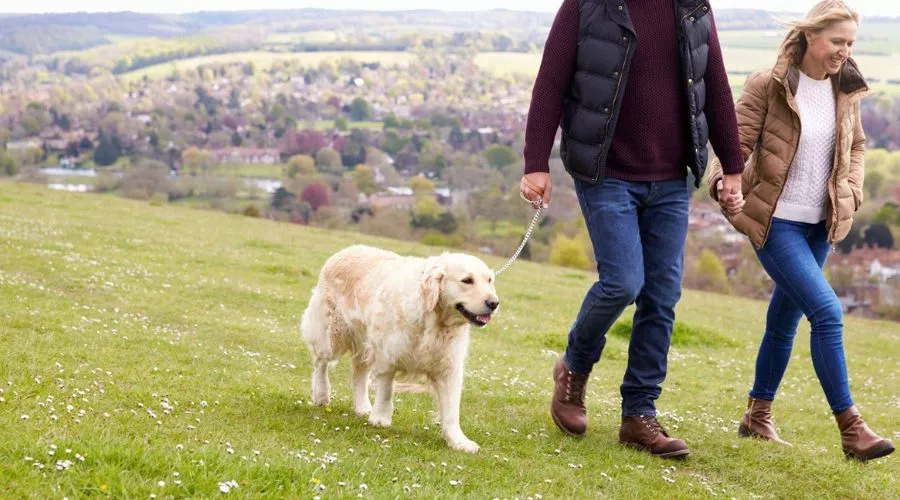
Exercise is extremely important to your older dog’s health, and can help them to stay strong and healthy.
When your older dog is eating puppy food, it can be essential for them to get enough exercise.
A healthy diet is only half of the equation when it comes to keeping your older dog healthy – regular exercise is just as important as a proper diet.
Making sure your older dog is getting enough exercise can help to reduce the risk of them developing muscle and joint issues as they age.
Supervising your older dog when they are around puppy food
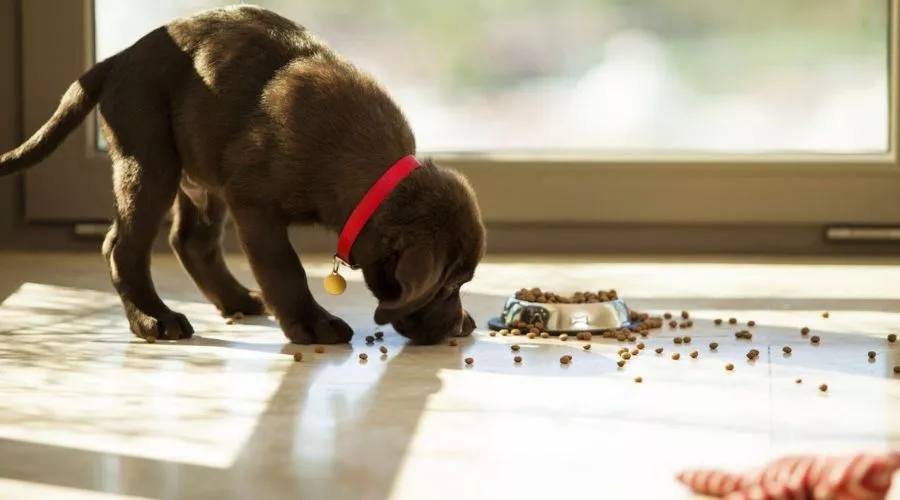
When your older dog is in the presence of the other pups, it can be helpful to keep a close eye on them. It can be tempting to let your older dog eat some of the puppy food when they are around the pups, but it is essential to remember that it can be harmful to their health.
Making sure that your older dog is not eating any of the puppy food can be tricky, but there are a few things that you can do to help keep them away.
You can try feeding your older dog a few minutes before the pups are fed, sitting with them while the puppies are eating, or covering their food bowl when the pups are nearby.
Adding things to your older dog’s food to make it more appealing
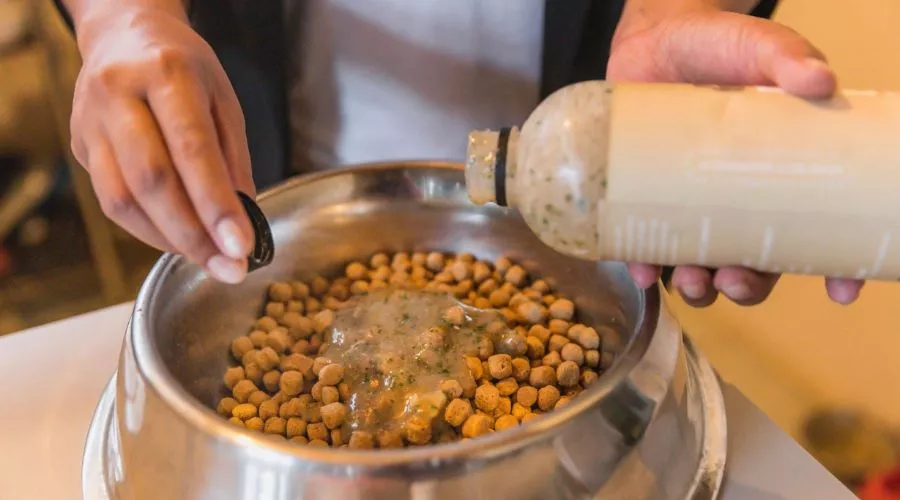
It is important to remember that there are no quick fixes and that transitioning your older dog’s diet will take time and patience.
If your older dog has been eating puppy food and is not interested in the adult food, there are a few things that you can try to make more appealing to them. Making your dog’s food more appealing can be as simple as adding a few extra ingredients.
Making your dog’s food more palatable can be beneficial, but it is important to remember that you should not try to make the food more appealing for too long.
It is important to transition your dog to adult food as soon as possible, as they are not getting the proper nutrients that they need from the puppy food.
Make sure the puppy food is out of reach.
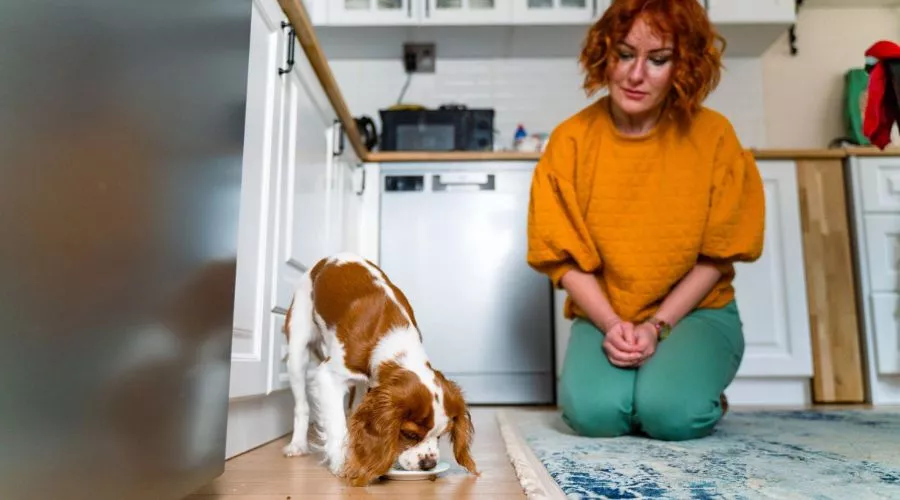
The best way to ensure that your older dog is not eating puppy food is to keep it out of the house.
While it may be tempting to leave a bowl of puppy food out for your dog to snack on, it can be dangerous to their health.
If you cannot get rid of the puppy food, there are a few things you can do to make it less appealing to your older dog.
Decreasing the smell and taste of the puppy food can help to make it less appealing to your older dog and make it easier to transition them to adult food.
Using positive reinforcement to condition your older dog
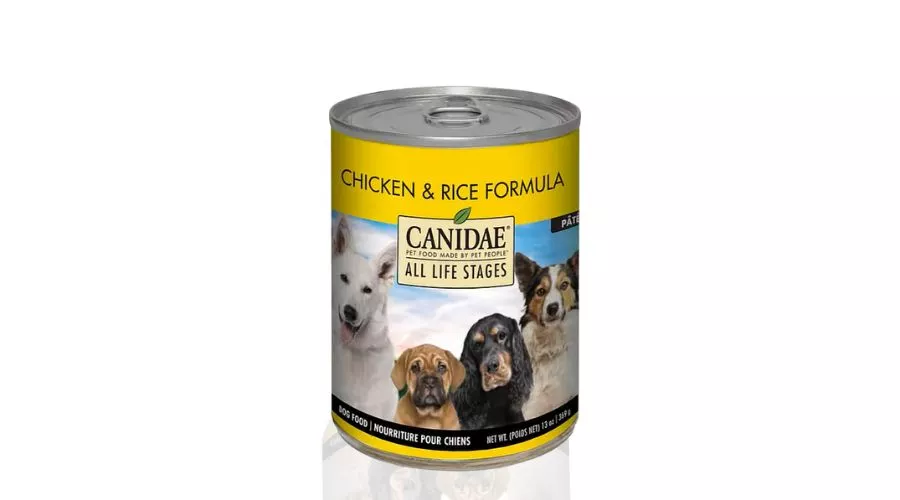
If your older dog has been eating puppy food for a long time, it can be not easy to transition them to adult food.
It is important to be patient, but you should also begin working to transition your dog as soon as possible.
Making the switch can be easier if you use positive reinforcement. Start by mixing a small amount of the adult food with a large portion of the puppy food.
Once your dog is used to that, you can slowly decrease the amount of puppy food you add to the mix.
You can make the transition even easier by using a feeding bowl with a divider. This can make it easier to divide the food and to make sure that your older dog is eating the appropriate amount of each food.
Seeking professional help if needed.
If you have been trying to transition your dog to a new diet, but they are not showing any signs of improvement, it is important to seek help from a professional.
If your dog has been eating puppy food for a long time, transitioning to a new diet can be difficult and take a long time. It is important not to get frustrated if the process takes longer than you expected.
It is also important not to rush the transition or make any drastic changes to your dog’s diet. You can also seek help from a professional if you are worried about your dog’s health and they are not improving on their own.
A vet can be helpful in determining if your dog’s issues are being caused by their diet and can help you to make a healthier transition.
Keeping an eye on your older dog’s health
Once you have transitioned your older dog to a new diet, it is important to keep an eye on their health to make sure that they are improving.
It is also important to monitor how your older dog responds to the new diet over time.
If you notice that your dog has not improved or that their issues are getting worse, it is important to talk to your vet about what you should be doing differently.
FAQS
What happens if an older dog eats puppy food?
If an older dog eats puppy food, it may experience weight gain due to the large amounts of fat in the food, as well as digestive issues such as diarrhea, pancreatitis, and intestinal problems. Additionally, the extra calories can cause the animal to become overweight.
How old should a dog be to stop feeding puppy food?
Most puppies can be switched over to adult dog food when they are around 12 months old. However, if you have a large breed puppy, like a Labrador Retriever or Great Dane, they may need to stay on puppy food for 18 months or longer. This is because large breeds take longer to fully mature than smaller breeds. It’s also important to pay attention to your dog’s individual needs. If your pup is a picky eater or has any health issues, you may want to check with your vet before switching them over to adult dog food. Your vet can provide personalized advice about the best diet for your pup based on their breed, size, and health needs.
How do I stop two dogs from eating each other’s food?
To prevent two dogs from eating each other’s food, it is important to supervise feeding times and reinforce bowl ownership. Rewards should be given to the dog exhibiting good behavior and the process should be repeated. If necessary, the dogs can be separated and fed in different rooms. Additionally, the “Leave It” command should be taught and practiced, and a feeding schedule should be established to ensure that the dominant dog does not eat before the other. High-value treats should also be used to reinforce the desired behavior.
What happens if you feed a 1-year-old dog puppy food?
Feeding a 1-year-old dog puppy food is not ideal and is not appropriate, as puppy food is tailored and made for young dogs that have specific growth needs and higher protein, fats, and minerals than adult dogs do. Puppy food is also higher in calories and fat than adult food, so if an adult dog is fed puppy food for too long, it could become overweight and develop health issues like heart disease and diabetes.


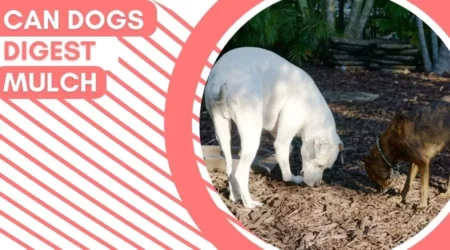
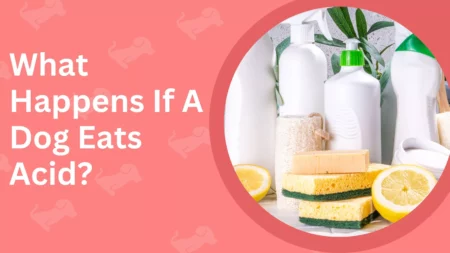
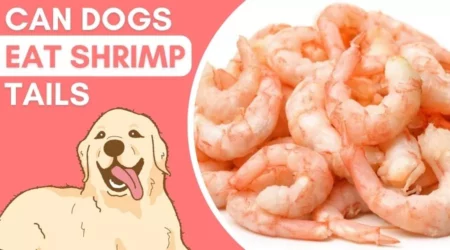
![What Happens If A Dog Eats Edibles? What Should I Do [2023]](https://cutepetbox.com/wp-content/uploads/2022/11/What-Happens-If-A-Dog-Eats-Edibles-450x253.webp)
